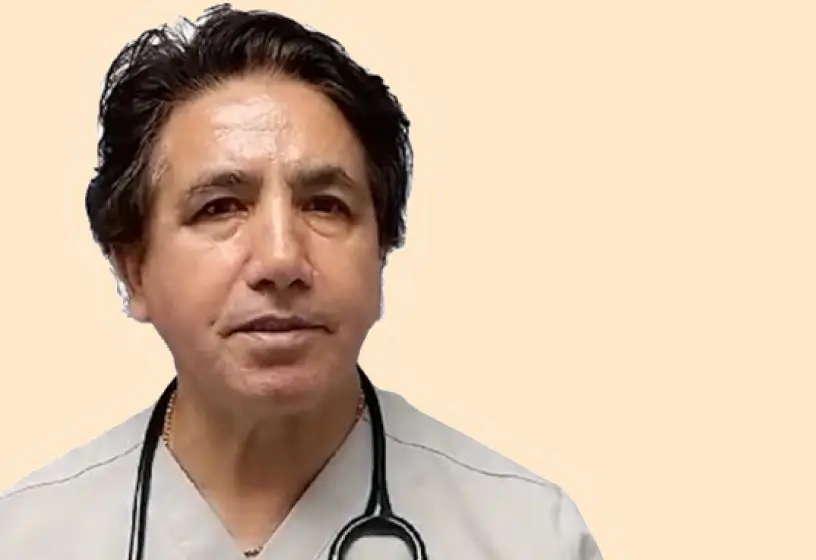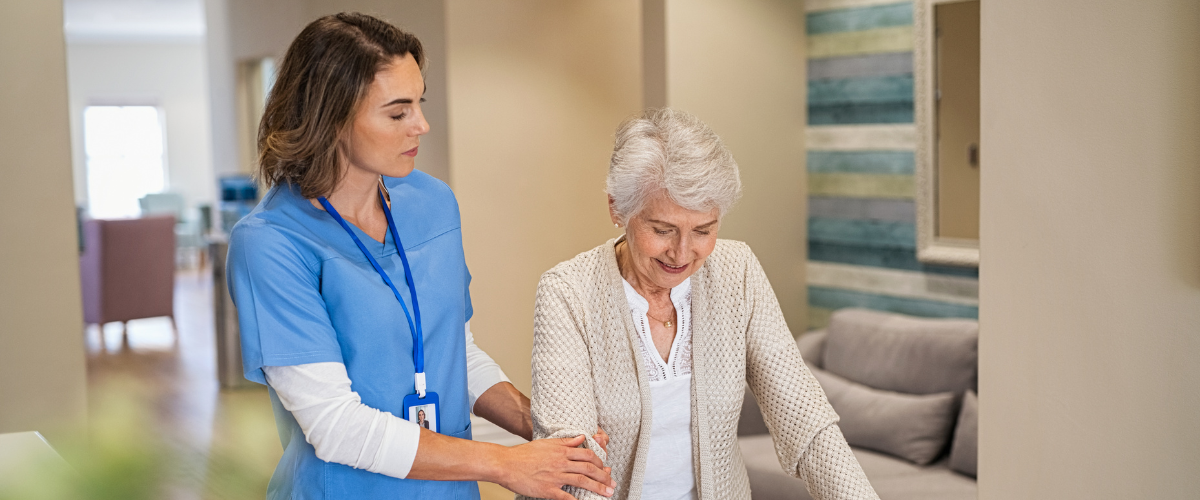Nursing Care for Stroke Patients at Home
Compassionate stroke home care for safe recovery at home.
- Award winning, nurse-led care
- Rigorously vetted, trained and trusted caregivers
- A+ BBB accredited, compassionate and consistent support
Excellence You Can Trust
GPA-certified caregivers, BBB A+ accredited service, supported with award-winning technology.

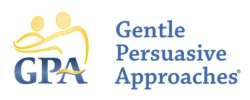

Find Care
Contact us now for a free assessment
Stroke Reovery Care at Home That Helps You Heal Without Facing It Alone
Without proper support, stroke recovery can stall leaving families stressed and seniors at risk.
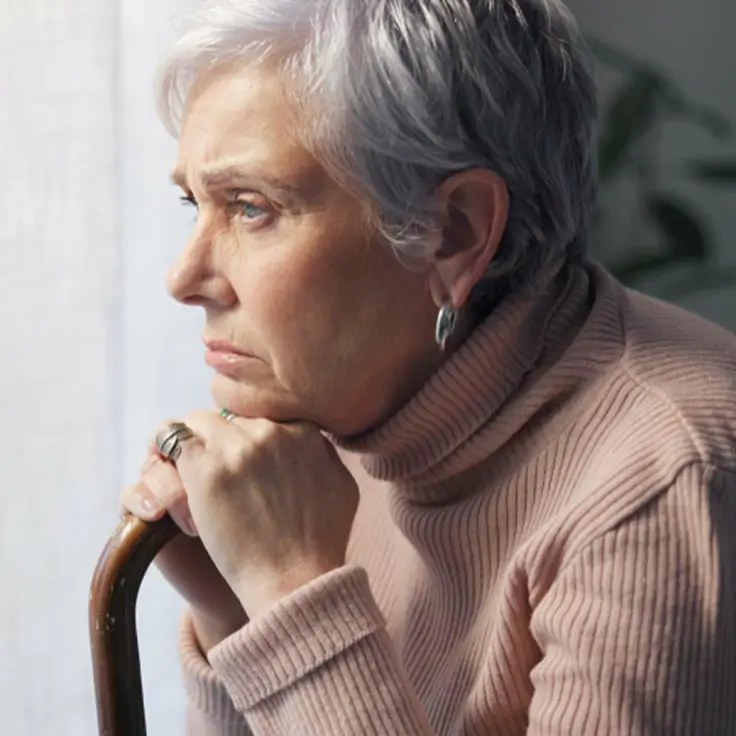
Setbacks
Lack of daily support slows or reverses progress.

Frustration
Mobility and speech challenges cause emotional and mental strain.
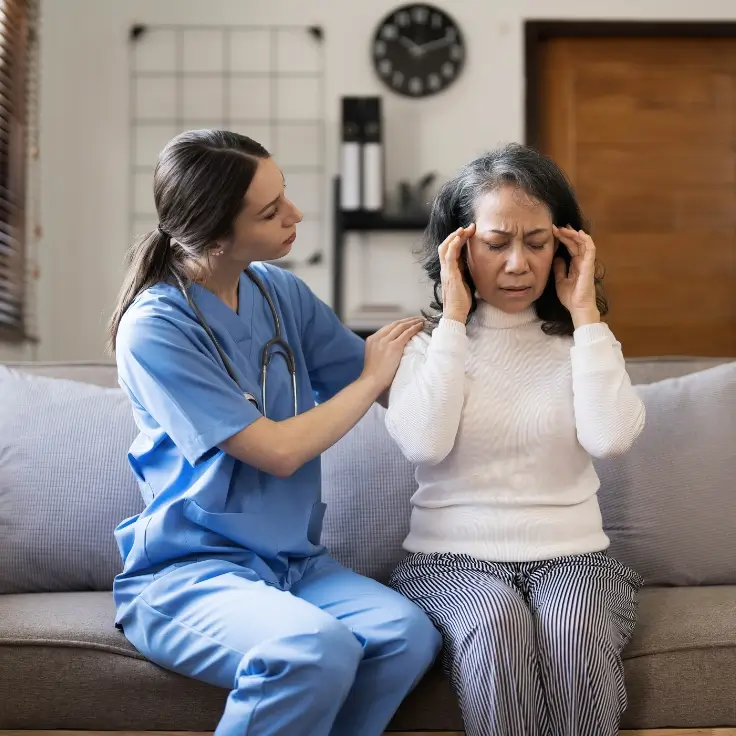
Burnout
Family caregivers can’t sustain intensive daily rehabilitation alone.
Stroke Recovery at Home Shouldn’t Feel Overwhelming
The transition from hospital to home often leaves families facing a maze of therapy routines, medication schedules, and emotional changes, all without enough guidance. Without consistent, targeted care, progress can stall, independence can fade, and small setbacks can become major obstacles.
Our specialized stroke recovery care brings hospital-quality expertise, personalized rehabilitation, and compassionate support right to your home.
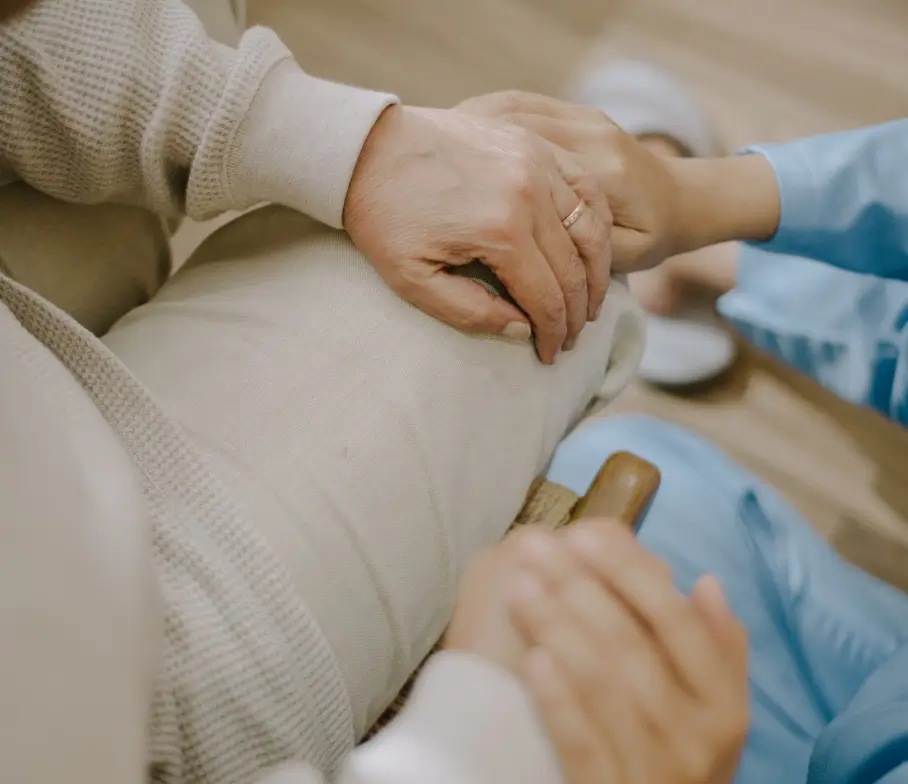
Why Families Across Ontario Trust ConsidraCare


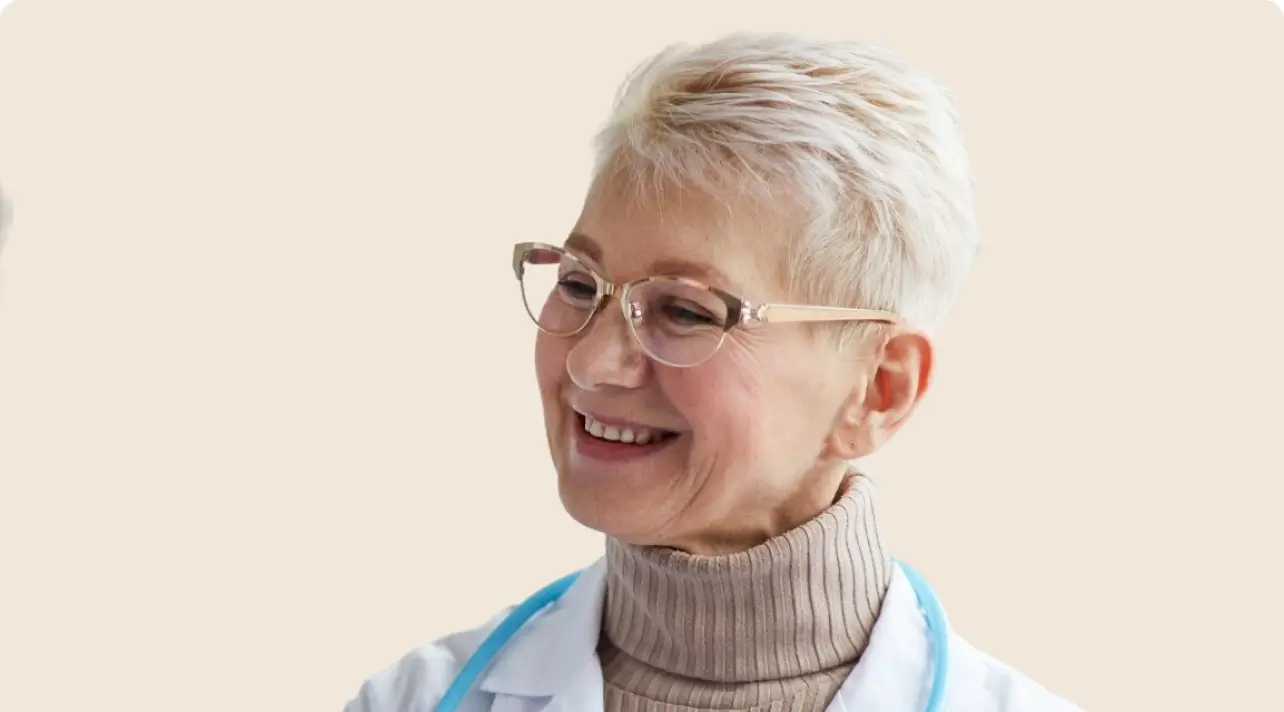
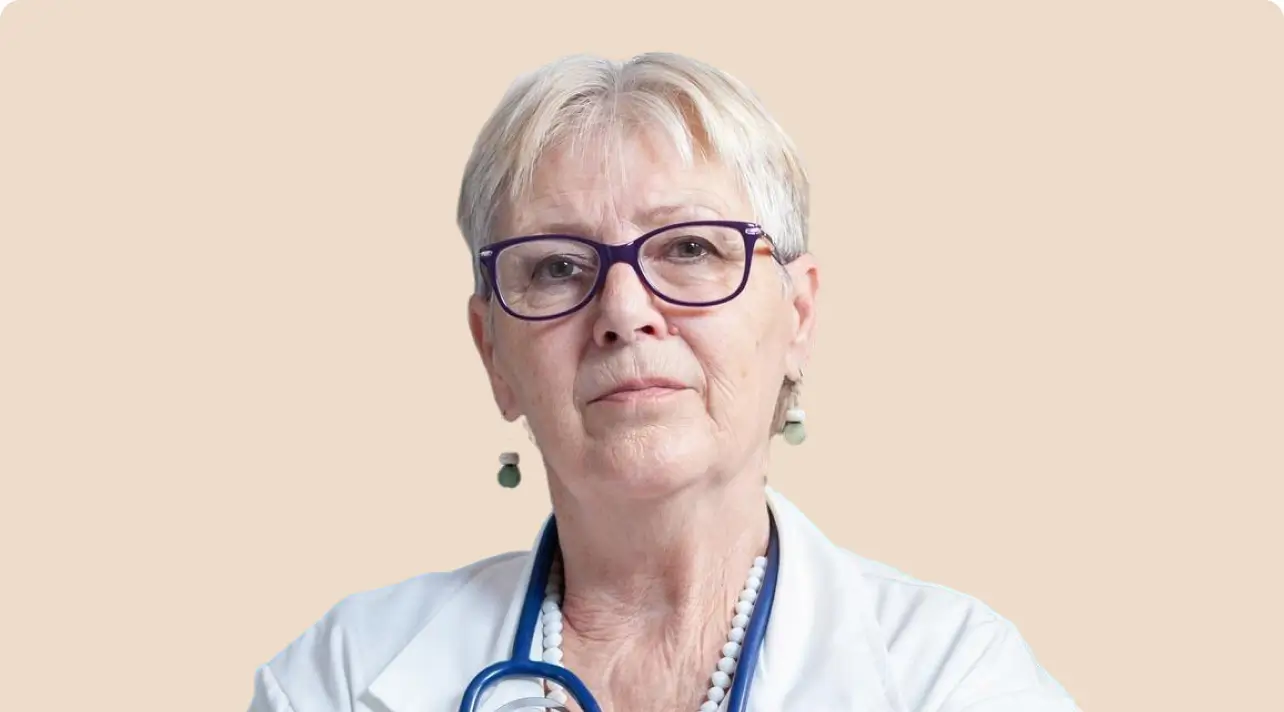

Simple, straight-forward and transparent pricing
New Client Offer
Only $33.99/hour* for the first month
For Hourly care. Conditions apply.
Regular Hourly Care
Limited Offer
Personal Support Worker (PSW) services for ongoing care needs
Starting From
$33.99
/hour
First Month Introductory Rate For Hourly Care
Recommended for
Seniors with non-chronic medical conditions requiring help only for a few hours or days in a week.
Regular care
3 or more visits per week
$38.99 /hr
12-24 hour shifts
$34.99 /hr
Short visits
1 - 2 visits per week
$44.99 /hr
- Bathing, Dressing & Grooming
- Meal Prep & Light Housekeeping
- Medication Reminders
- Couples Care from $46.99/hr
Live-in & Respite Care
Round-the-clock support with overnight caregiver presence
Starting From
$330
/day
First Month Introductory Rate For Live-in Care
Recommended for
Seniors with chronic and serious health issues in need for personal medical care in their homes.
Standard live-in
More than 7 days per month, recurring
$350 /day
Respite Care
Short-term (up to 7 days)
$400 /day
- All services provided under hourly care
- Overnight Safety and Supervision
- Nurse Supervision
- Ontario ESA Compliant Support
Nursing Care
Professional RN/RPN visits for medical care needs
Starting From
$150
/visit
Recommended for
Seniors with life-impacting chronic conditions requiring constant monitoring and assistance in daily tasks.
2 or more visits
$150 /visit
Single visit
$165 /visit
- Vitals Monitoring & Wound Care
- Medication Administration
- IVs and Injections
- Post-Hospital Assessment
- Site Safety Monitoring (Events, Movie Sets etc.)
Why We Are The Smartest Choice
We bridge the gap between expensive agencies and risky private caregivers.
Average Annual Savings
$4,500+
vs. Standard Agency Rates*
*Savings calculated based on a typical 20-hour weekly schedule compared to the 2024 industry average rate of $43.50/hr.
Feature
Private Caregiver
Traditional Agency
ConsidraCare
Hourly Rate
$25 - $30
(Cash)
$40 - $55+
$38.99
Nurse Assessment and Care Plan Updates
N/A
$150 - $250
$0.00
(Free)
WSIB & Insurance
High Risk
- Included
- Included
Nurse Supervision
None
Often Extra $$
- Included
Digital App
None
Maybe
- Included
Comparison based on market average for insured agencies in Ontario.
No hidden costs, long-term contracts or upfront placement fees.
Or call us on 1-855-410-7971 to get an instant quote


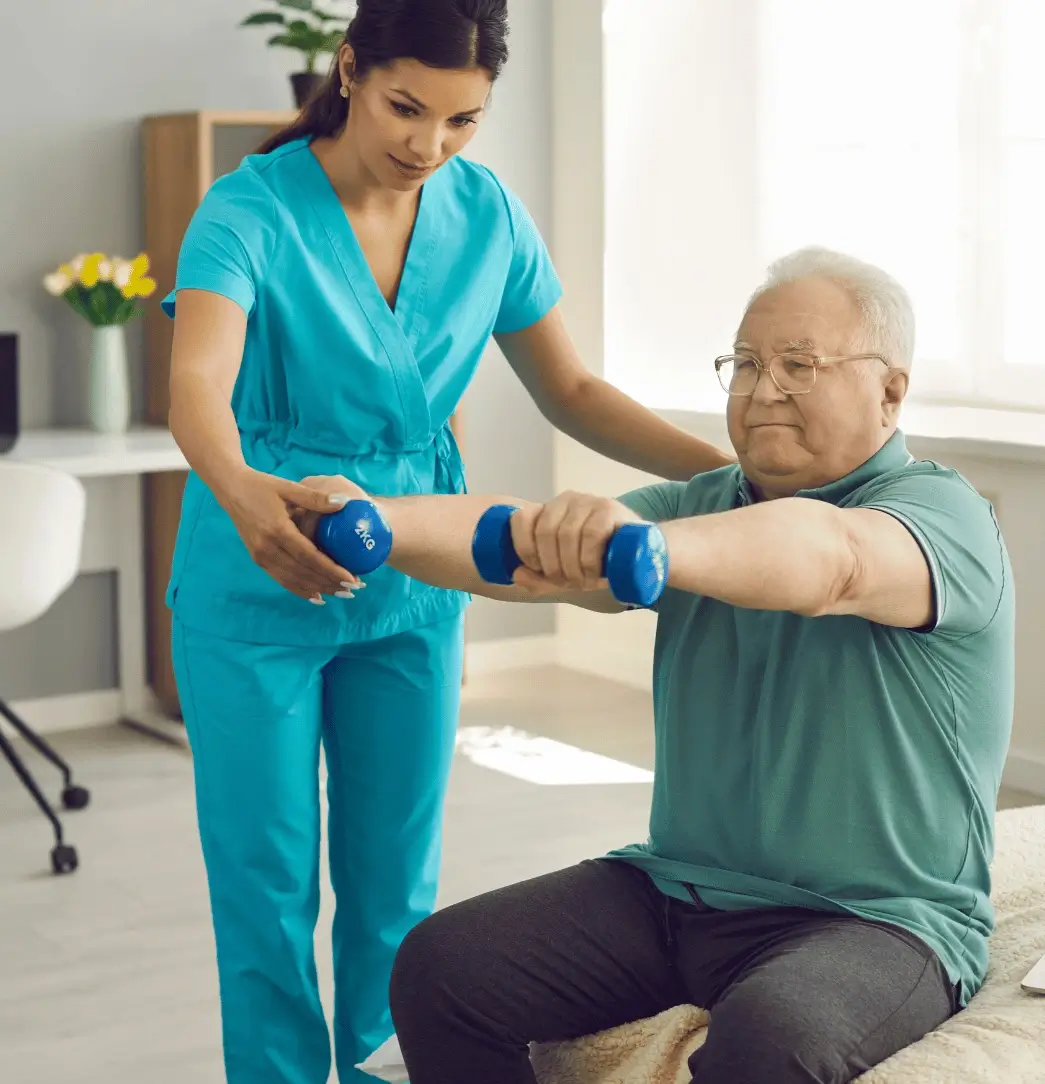

Expert Home Care for Stroke Patients
Professional in home stroke care makes it possible for your loved one to receive personalized care in a familiar and comfortable environment. We create clear recovery plans and assist with daily living, helping your loved one regain strength, speech, and confidence.
- Personal Care Assistance
- Medical & Health Monitoring
- Rahabilitation Support
- Home Safety & Accessibility
- Emotional & Social Support
Real Stories From Across Canada
M. Lee
Client , Burlington
ConsidraCare’s expertise and compassion are evident in every interaction.
Dr Adam Kuyumi
Physician, Mississauga
ConsidraCare is a reliable partner in health care, delivering unwavering quality of care.
Talk to a care advisor
Our team will help create a custom care plan for your loved one — no pressure, no obligation.

Home Care vs Assisted Living Facilities
Focus
Focus
Cost Efficiency
Customization
Home Care
Dedicated 1-on-1 caregiver
Pay only for needed services
Services designed around personal needs
Assisted Living
Staff serve multiple residents
Often includes bundled services
Standardized offerings
Frequently Asked Questions
Call emergency services immediately (e.g., 911 in the Canada) at the first sign of a stroke. Quick treatment—ideally within the first few hours can greatly reduce brain damage. After emergency care, following a structured rehabilitation plan (physical therapy, occupational therapy, speech therapy, medications, and lifestyle changes) is essential.
It varies widely depending on stroke type, severity, patient age, health before the stroke, and speed of treatment. Some people recover and live decades, while severe strokes can shorten lifespan significantly. Statistically, survival rates improve greatly with good follow-up care, healthy lifestyle changes, and prevention of further strokes.
Warning signs that may indicate deterioration include:
New or worsening weakness, numbness, or speech problems
Sudden confusion, trouble seeing, or dizziness
Loss of balance or coordination
Memory problems or mood changes
Difficulty swallowing
Any sudden symptom changes should be treated as an emergency.
Avoid:
Ignoring follow-up appointments or medication schedules
Smoking or excessive alcohol use
Eating a high-salt, high-fat diet without medical approval
Overexerting yourself without guidance
Driving or operating heavy machinery before your doctor says it’s safe
Skipping rehab exercises
Yes, having one stroke increases the risk of another, especially within the first year. However, many second strokes can be prevented through medication (e.g., blood thinners, statins), blood pressure control, managing diabetes, healthy eating, exercise, and quitting smoking.
Let’s Help Your Loved One Feel Connected Again
No obligation. Just real care, real connection.


